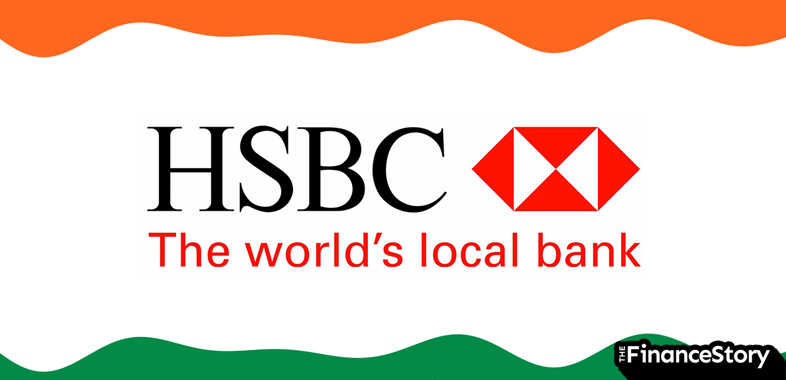- HSBC recently introduced its Global Private Banking (GPB) services in India to cater to HNIs, UHNIs, and families.
- Their business targets clients with investable assets exceeding USD $2 million.
- HSBC cited India’s promising economy and the increasing number of HNIs as key factors in its decision to expand its private banking reach in India.
HSBC relaunches Private Banking in India
HSBC, headquartered in London, has reintroduced its global private banking services in India to cater to high-net-worth (HNW) and ultra-high-net-worth (UHNW) professionals and families with investable assets surpassing USD $2 million.
In 2016, the financial services company had ceased its private banking operations, due to an investigation by India’s tax department.
Now the British universal bank and financial services group aims to expand its private banking reach in India.
This move follows HSBC’s introduction of Global Private Banking in Thailand in 2021 and in Mexico, UAE, and Chengdu, Hangzhou, and Shenzhen in mainland China in 2022.
Why HSBC is expanding to India
In 2022, India surpassed the UK to become the fifth-largest global economy.
India’s economic growth is projected to make it the third-largest economy by FY28, with a 58% increase in individuals with more than $30 million to invest by 2027.
The country currently represents $2.8 trillion in assets under management (AUM), with an estimated 8% annual growth until 2026, according to HSBC.
Surendra Rosha, Co-Chief Executive of HSBC Asia-Pacific acknowledged India’s impressive growth as one of the world’s largest and fastest-growing economies.
He told the media that their new global private banking business complements HSBC’s retail and corporate banking services. It reinforces their presence in India as well as Asia as a whole.
Annabel Spring, Chief Executive of HSBC Global Private Banking and Wealth, told the media that entrepreneurialism and innovation drive economic growth and substantial wealth creation in India.
This creates opportunities for HSBC to offer private banking services to the emerging economic power.
Under the private banking business, HSBC will offer lending and investment products like mutual funds, bonds, portfolio management services, insurance, access to structured products, and alternative investments.
With increasing incomes and financial awareness among Indians, the demand for wealth management services is growing.
According to an article from Inc42, India may have a smaller percentage of wealthy individuals compared to developed markets, but it ranks second in the number of high-net-worth individuals (HNIs) among BRICS nations (Brazil, Russia, India, China, and South Africa). The HNI population in India is projected to grow by 75% from 3.5 Lakhs in 2020 to 6.11 Lakhs in 2025.
In India, Private Bankers earn salaries ranging from INR 1,710,084 (USD $22,985) to INR 46,365,633 (USD $623,194), with a median salary of INR 8,330,047 (USD $111,963). The salary will ultimately depend on the kind of wealth management firm you have joined.
Will it attract more professionals to get into a career in wealth management in the years to come?







